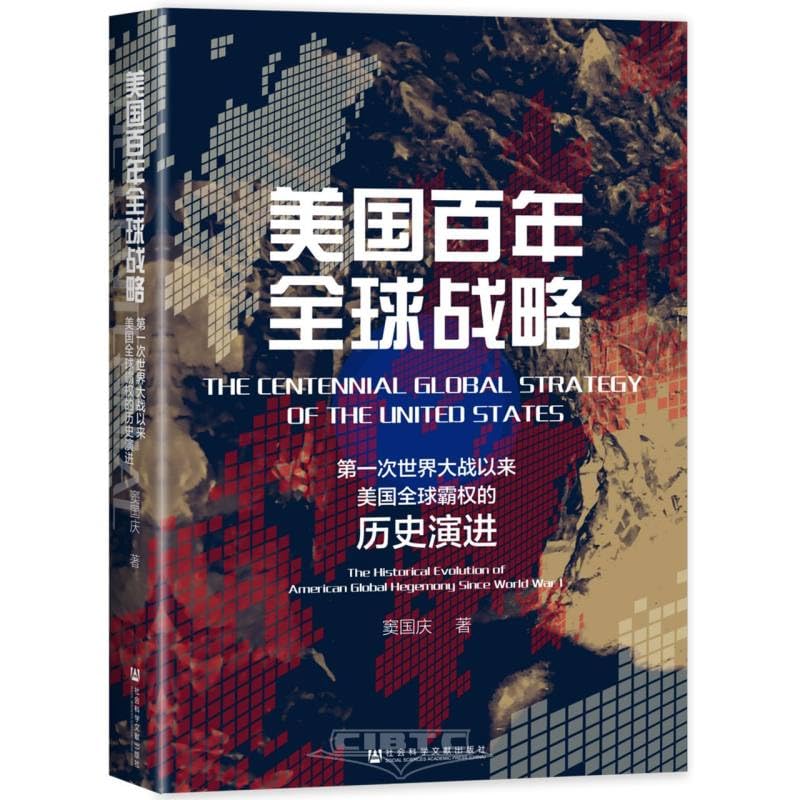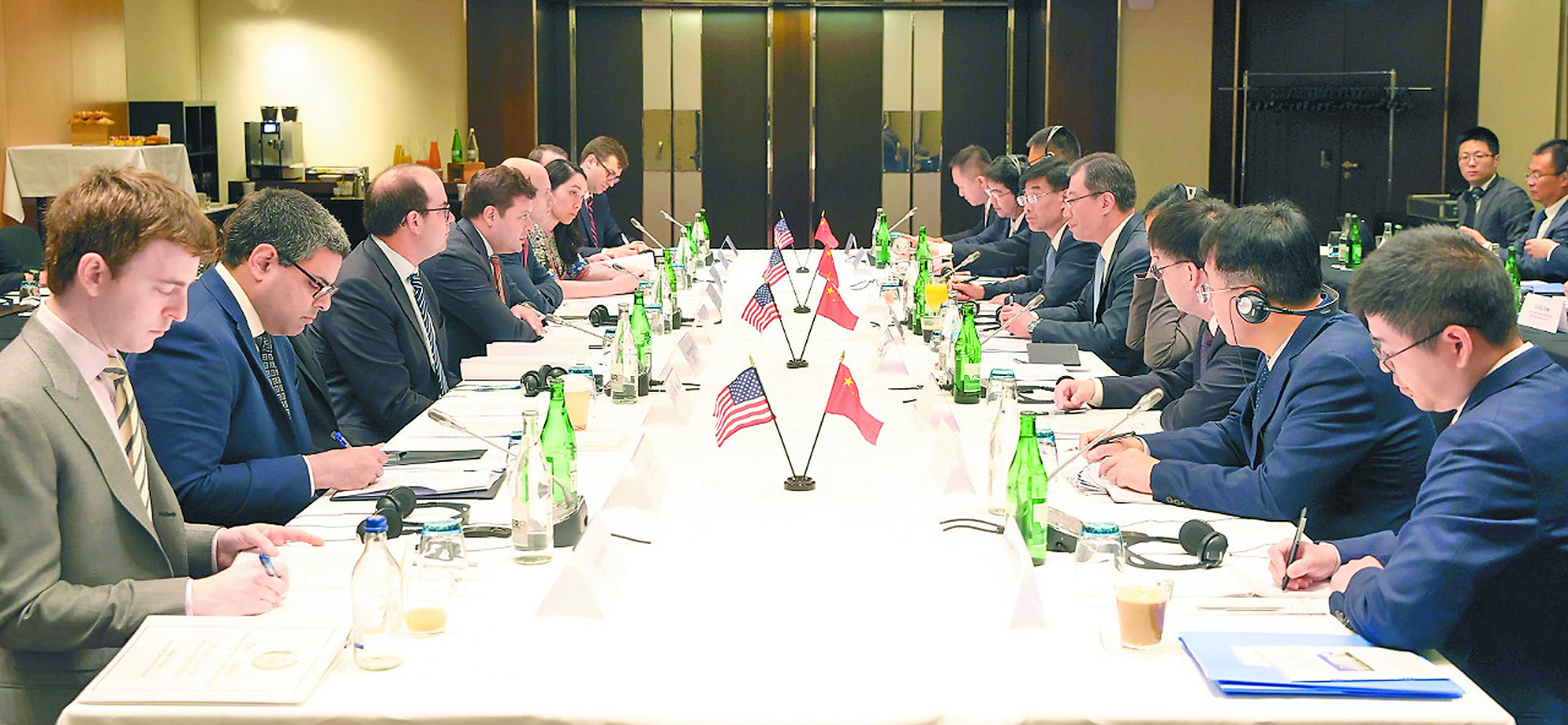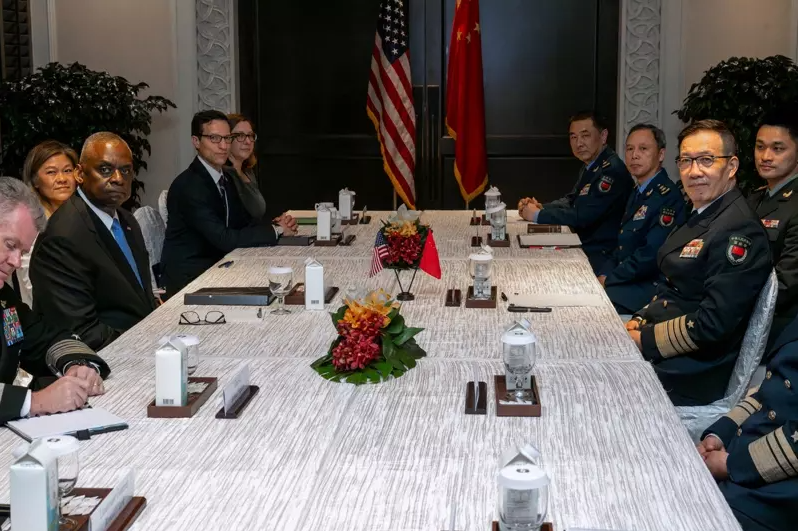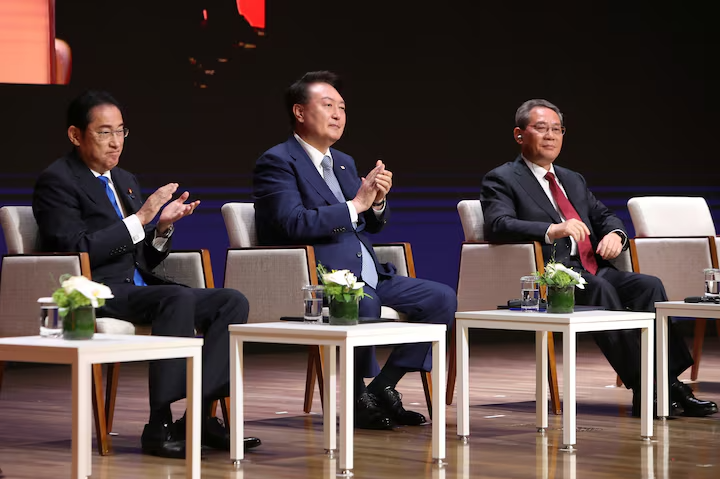Joseph S. Nye, Professor, Harvard University
Jun 18, 2024
Two years ago, I outlined eight lessons from the Ukraine War. And though I warned that it was too early to be confident about any predictions, they have held up

Dou Guoqing, Colonel of the People’s Liberation Army and Postdoctorate Researcher at PLA National Defense University
Jun 18, 2024
The United States has been the biggest beneficiary of changes in the international order over the past century. Four key factors have contributed to its current hegemony.
Zhong Houtao, Associate Professor, School of National Security, University of International Relations
Jun 14, 2024
Recently elected leader Lai Ching-te is turning toward open advocacy for independence. But his populist agitation is straining relations with the United States, dragging down economic development and potentially compromising peace and stability in the region.

Richard Weitz, Senior Fellow, Hudson Institute
Jun 14, 2024
The wide divergences in Chinese and U.S. preferences regarding artificial intelligence suggest NGO-led engagements will yield greater security benefits than official meetings.

Yun Sun, Director of the China Program and Co-director of the East Asia Program, Stimson Center
Jun 14, 2024
While the media has entirely focused on how the Shangri-La Dialogue in early June was another round of tug of war between U.S. and China, people don’t appreciate enough the significance of the 75-minute side meeting between Chinese Defense Minister Dong Jun and U.S. Secretary of Defense Lloyd Austin. The U.S. and China came halfway across the world to discuss their military-military relations, offering a glimmer of hope for the future.

Philip Cunningham, Independent Scholar
Jun 12, 2024
The deteriorating situation in the South China Sea has many fearing escalations is on the horizon, and rather than de-escalating, the Philippines and China seem ready to let their maritime dispute spill over into other affairs.

Lucio Blanco Pitlo III, President of Philippine Association for Chinese Studies, and Research Fellow at Asia-Pacific Pathways to Progress Foundation
Jun 12, 2024
The polemics over a so-called “gentleman’s agreement” between the Philippines and China to manage a bitter row over the South China Sea may confound future diplomatic efforts to handle the spat. China sees Philippine commitment as fleeting,

Yin Haocheng, Graduate Student, Shanghai International Studies University
Jun 07, 2024
Biosafety-related bills in Congress will likely follow in the footsteps of semiconductor competition and become a new arena for U.S. competition against China. Regardless who wins the election in November, we can expect profound adverse implications for China’s industrial security.

He Wenping, Senior Research Fellow, Charhar Institute and West Asia and Africa Studies Institute of the China Academy of Social Sciences
Jun 07, 2024
Increasing isolation is making it difficult for the Netanyahu government to secure support from the United States, which faces a dilemma: It can continue to back Israel, or it can distance itself from Netanyahu, either of which could have serious electoral consequences for President Joe Biden.

Warwick Powell, Adjunct Professor at Queensland University of Technology, Senior Fellow at Beijing Taihe Institute
Jun 05, 2024
A positive peace is needed, one that weaves prosperity and security together for all. The DPRK’s economic connection to the world via Russia is a potential game changer that could reframe possibilities for the Korean Peninsula, and with it impact the dynamics of the North Asia region. Regional leaders should take up the challenge.